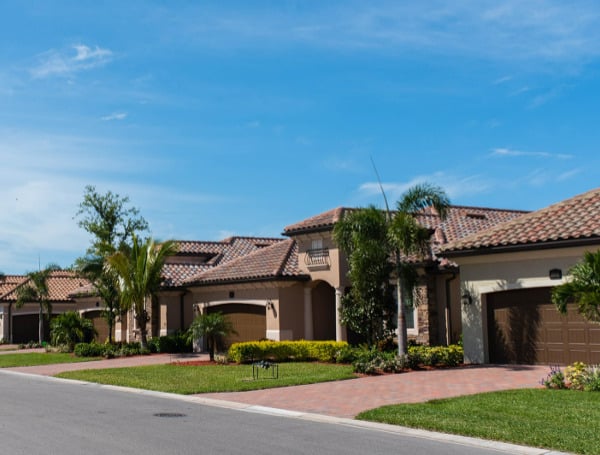Americans who have worked hard to build up their credit scores may not know or be overwhelmingly happy about a new federal rule that could reward those with bad credit at the expense of those with good credit.
“It’s unprecedented,” David Stevens, a former federal housing commissioner and former CEO of the Mortgage Bankers Association, told the New York Post. “My email is full from mortgage companies and CEOs [telling] me how unbelievably shocked they are by this move.”
According to Stevens’ calculations, someone with a $400,000 loan and a 6 percent mortgage rate may wind up paying about $40 more per month.
The new rule, which goes into effect on May 1, will affect mortgages from private banks across the nation. According to The Washington Times, Fannie Mae and Freddie Mac, federally-backed home mortgage companies, will establish the loan-level price adjustments (LLPAs).
In the news: Biden Admin Vowed To Be A Leading Voice On Opioid Settlements But Has Gone Quiet
High-credit consumers with scores ranging from 680 to above 780 will see a spike in mortgage costs, The New York Post reported, with the biggest increases being felt by those who put 15% to 20% down on a home.
According to media reports, the new LLPAs essentially amount to fees imposed on borrowers with high credit scores to subsidize those with low credit scores. The goal is to support federal initiatives to increase affordable housing nationwide.
Fox News reported that the Federal Housing Finance Agency, which oversees Fannie Mae and Freddie Mac, has long sought to give consumers more affordable housing options. The fear among housing experts is that the new rules will make an already challenging market even harder for homebuyers.
“This confusing approach won’t work and more importantly couldn’t come at a worse time for an industry struggling to get back on its feet after these past 12 months,” Stevens wrote in a social media post. “To do this at the onset of the spring market is almost offensive to the market, consumers, and lenders.”
It should be noted and not surprising that the new rules have not gotten much play in the media other than by conservative outlets.
In the news: Wisconsin And Florida Man Convicted In “Pen Holder” Machine Gun Conversion Device Scheme
Zillow found that entry-level buyers deal with faster-rising prices and more competition than other house hunters.
Recent data indicates that year-over-year prices rose by 8% for the least-expensive one-third of houses, while the most-expensive homes lost value for the first time in more than a decade.
“Buyers shopping for the least-expensive homes this spring aren’t noticing much difference from the pandemic-era market heat,” Zillow chief economist Skylar Olsen said in a press release. “Competition is fierce, but there aren’t many homes for sale, so buyers should be patient but prepared to move quickly and anticipate a bidding war once they find a home they love.”
Android Users, Click To Download The Free Press App And Never Miss A Story. Follow Us On Facebook and Twitter. Signup for our free newsletter.
We can’t do this without your help; visit our GiveSendGo page and donate any dollar amount; every penny helps.

